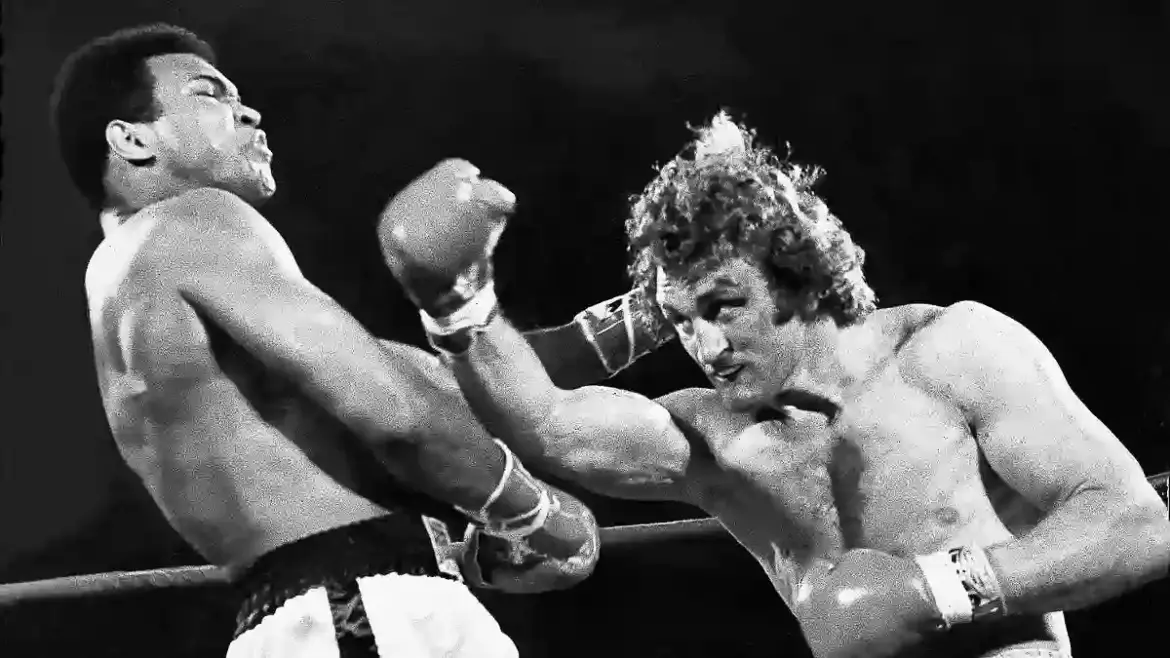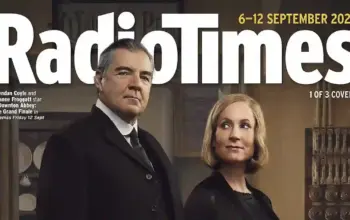In the golden era of heavyweight boxing, Joe Bugner faced some of the sport’s most legendary names—Muhammad Ali twice, Joe Frazier, and many others.
Yet, despite his courage and skill, Bugner is often remembered not for his battles in the ring, but for the lingering bitterness surrounding one controversial night in 1971.
That night, at Wembley, he won a fight against Henry Cooper by the narrowest of margins, and it left the British public heartbroken.
The Night That Sparked a Nation’s Grief
Henry Cooper wasn’t just a boxer—he was a national icon.
So when referee and sole judge Harry Gibbs raised Bugner’s hand, the reaction from the crowd was seismic: disbelief, sorrow, and outrage.
The decision, by just a quarter-point under the scoring system of the era, fueled endless speculation.
Many wondered if Gibbs had a personal grudge against Cooper, though no proof ever surfaced.
For Bugner, this one verdict cast a shadow over the rest of his career, one he could never fully shake, no matter how many titles he won.
Braving the Greatest in the World
Bugner didn’t shy away from challenges. He amassed victories across Britain, the Commonwealth, and Europe, but the world heavyweight crown eluded him.
Undeterred, he faced Ali in Las Vegas and Frazier in London, back-to-back, enduring all 12 rounds in both bouts.
Ali outboxed him comfortably, but Bugner’s clash with Frazier became a legendary slugfest, earning grudging respect even from critics who questioned his British identity.
A Second Shot at Glory
After another run of victories—including a memorable points win over Jimmy Ellis at Wembley—Bugner earned a second shot at Ali, this time for the world heavyweight title in Kuala Lumpur in 1975.
Unfortunately, history repeated itself. Against Ali, he struggled to break out of his defensive shell, and the champion danced circles around him.
Yet Bugner’s tenacity remained undeniable, and his career was far from over.
A Long Career Full of Highs and Lows
Bugner retired and returned multiple times, eventually compiling an impressive record: 69 wins in 83 fights, 41 by knockout.
Still, he never fully unleashed the power that might have altered his legacy.
One of his final major bouts came in October 1987 at White Hart Lane, where he faced Frank Bruno, who had become Britain’s new favourite.
Unlike Cooper, Bruno left nothing to chance; a decisive right-hand knockdown ended Bugner’s night and sent him to Australia for the second time in his life.
From Refugee to Citizen, and a Life Abroad
Born in Hungary, Bugner fled the Soviet occupation in 1956 with his family, seeking refuge in England.
Later, after moving to Australia with his second wife Marlene, he staged a remarkable comeback under the moniker “Aussie Joe,” winning fight after fight.
Eventually, he hung up the gloves in his 50th year, but life had more challenges waiting outside the ring.
Personal Struggles and Final Years
Tragically, Bugner faced devastating setbacks after boxing.
The vineyard he and Marlene invested in collapsed, costing them around two million Australian dollars.
In his later years, dementia confined him to a care home in Brisbane, marking a somber end to a life filled with both triumphs and heartbreaks.
A Legacy of Courage and Resilience
Joe Bugner’s story is not just one of wins and losses but of bravery, endurance, and navigating a world that was often unkind to him.
While the shadow of that controversial 1971 fight looms large, his courage against some of the greatest heavyweights ever will forever remain a testament to his spirit.



